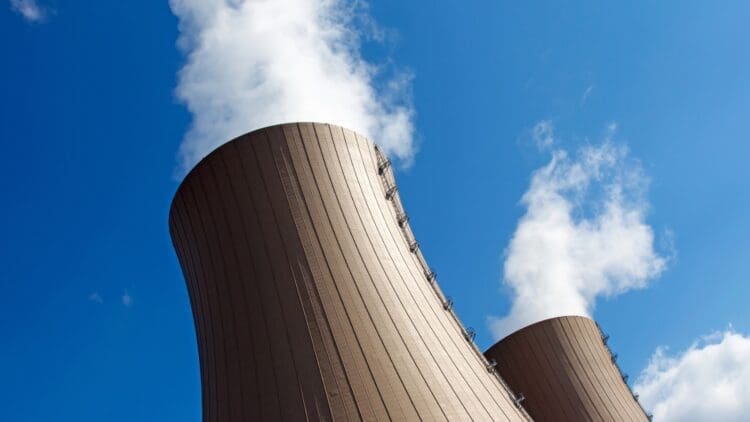The world is entering a new future for the energy sector. For far too long, the world has relied on traditional energy resources to desalinate water across the globe. Now, the myriad of Arab nations across the world are turning to nuclear desalination as significant funding and technology gaps persist. Desalination is a process that removes salt from water, although the process has been dominated by the traditional energy sector for generations. Nuclear power has long been overlooked by the international energy community, but that reality is set to change as nuclear desalination is gaining momentum.
Water is key to life, and the Arab nations of the world are water-scarce
Water was the key component in developing life on Earth. In fact, it is one of three key elements needed for life to evolve beyond the molecular level, with energy and carbon being the other two main drivers. The desalination process requires vast amounts of energy, and some nations have an abundance of water, while others are labeled as water-scarce.
The Arab nations of the world are mostly covered with desert, meaning there is normally a shortage of water. For generations, the traditional energy sector has been the main resource for water desalination. However, market instability and price fluctuations have meant that many nations are turning to the nuclear sector to provide desalination processes as the demand for water increases due to population booming.
Nuclear offers a clean and renewable resource for desalination efforts across the world
The vast majority of Arab nations are turning to the nuclear sector to develop clean and efficient desalination processes. Desalination is key to removing salt from seawater, which then can be treated for usage and consumption by the public. However, climate change concerns and the supply of traditional energy resources have led to many Arab nations turning to the nuclear sector for their desalination ambitions and needs.
Several Arab nations have turned to the nuclear sector as a desalination tool
In a recent summit that brought together several Arab nations, the IAEA, or the International Atomic Energy Agency, outlined a potential shift towards the nuclear sector to boost desalination efforts in Arab nations. Among the attendees were representatives from Egypt, Saudi Arabia, Jordan, and Kuwait.
Jordan has a particular interest in nuclear desalination, as the country is mostly an arid desert. Jordan’s government is exploring the potential of Small Modular Reactors to desalinate water, and in 2023, the IAEA conducted a study on using SMRs to provide drinking water from the Red Sea to Amman.
“Desalination is considered the primary source of fresh water in Jordan to fulfil the expected demand and reduce the supply-demand deficit. It offers competitive prices for fresh water to end consumers, in comparison with imported energy sources.” – Khalid Khasawneh, Commissioner for Nuclear Power Reactors at the Jordan Atomic Energy Commission (JAEC)
The European continent has also seen nuclear power possibilities increasing recently, with Slovakia assessing US technologies for a massive 1.2 GW nuclear project.
Saudi Arabia has become an exemplar of nuclear desalination over the past few decades
Arab nations will need to reach out to the Kingdom of Saudi Arabia to learn how to shift their desalination processes towards nuclear power, as the nation successfully adopted nuclear power as a desalination tool way back in the 70s. African Arab nations have also seen significant progress in their nuclear sector, with Egypt reaching a critical milestone at its El Dabaa nuclear plant. Desalination is key to ensuring clean water for the world’s populace, and nuclear power has emerged as the cleanest and most viable form of desalination. The world will need to accelerate the transition towards the nuclear sector and renewable energy overall.





